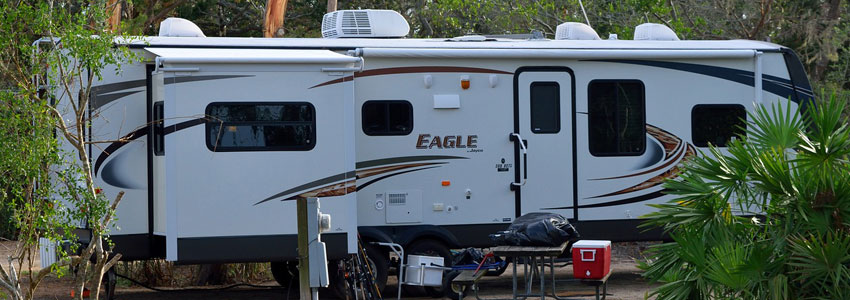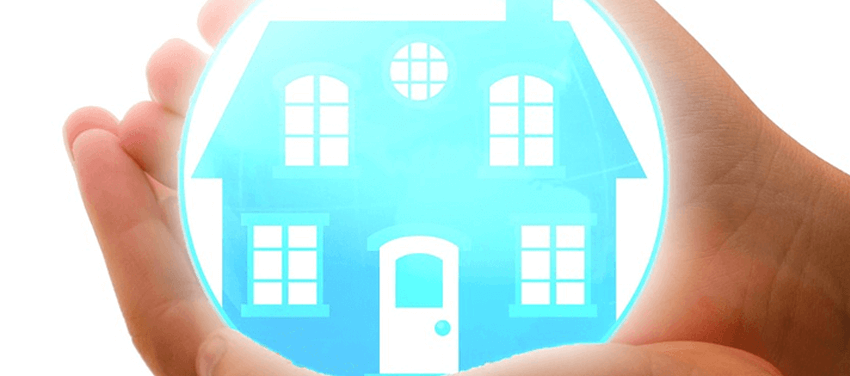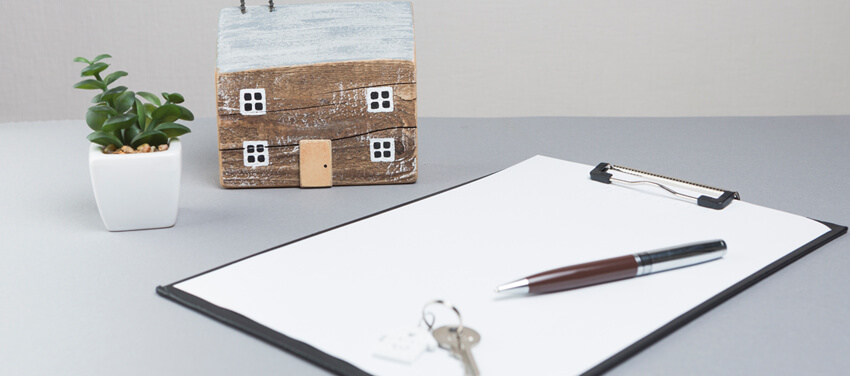What is a 100% Mortgage?
With 100% mortgages, there is no deposit and you borrow the entire purchase price of the property. Due to the high level of risk involved, lenders are reluctant to offer these mortgages although there are still some 0 deposit mortgages available on the market.
According to an article in the Guardian, ‘in 2007, there were 238 100% mortgages available compared with just 8 available in 2016’.
100% mortgages for first time buyers usually require an additional family member acting as a guarantor by putting their money into a specific bank account and keeping it there for a set period of time. Alternatively a mortgage free property may be taken as collateral.
If you are unable to qualify for a 100% mortgage, a 95% mortgage might be an option if you are able to save a small deposit. Use our mortgage deposit calculator to work out how long this might take you.

Advantage of 100% Mortgages
You don’t require any deposit of your own to purchase a home. However as mentioned, you are likely to need a family member to have funds to act as a guarantor. You will, however, still have to cover the other various fees involvement in buying a house. Read about mortgage fees to know more!
Disadvantages of 100% Mortgages
- If house prices fall then then you will end up in negative equity.
- Interest rates are likely to be higher for no deposit mortgages, due to the additional risk posed to the lender.
- Lenders are likely to want to see a lot of evidence and proof that you are going to be able to afford the monthly repayments
- Since the credit crunch, these mortgages have become incredibly rare.
Final Considerations
As it stands, 100% mortgages could be a viable option for you if you have parents or another family member who can help you.
But without this, it is almost impossible to get a 0 deposit mortgage these days. Speak to one of our expert advisers to see if there is a way a 100% mortgage could work for you.





